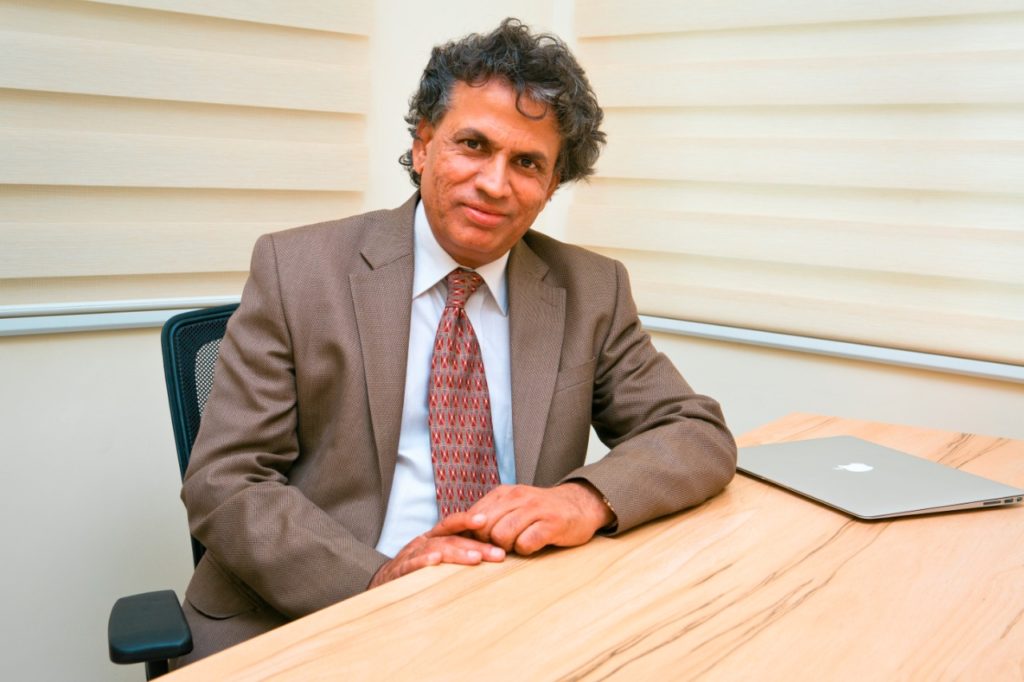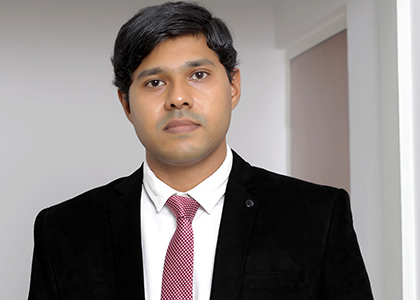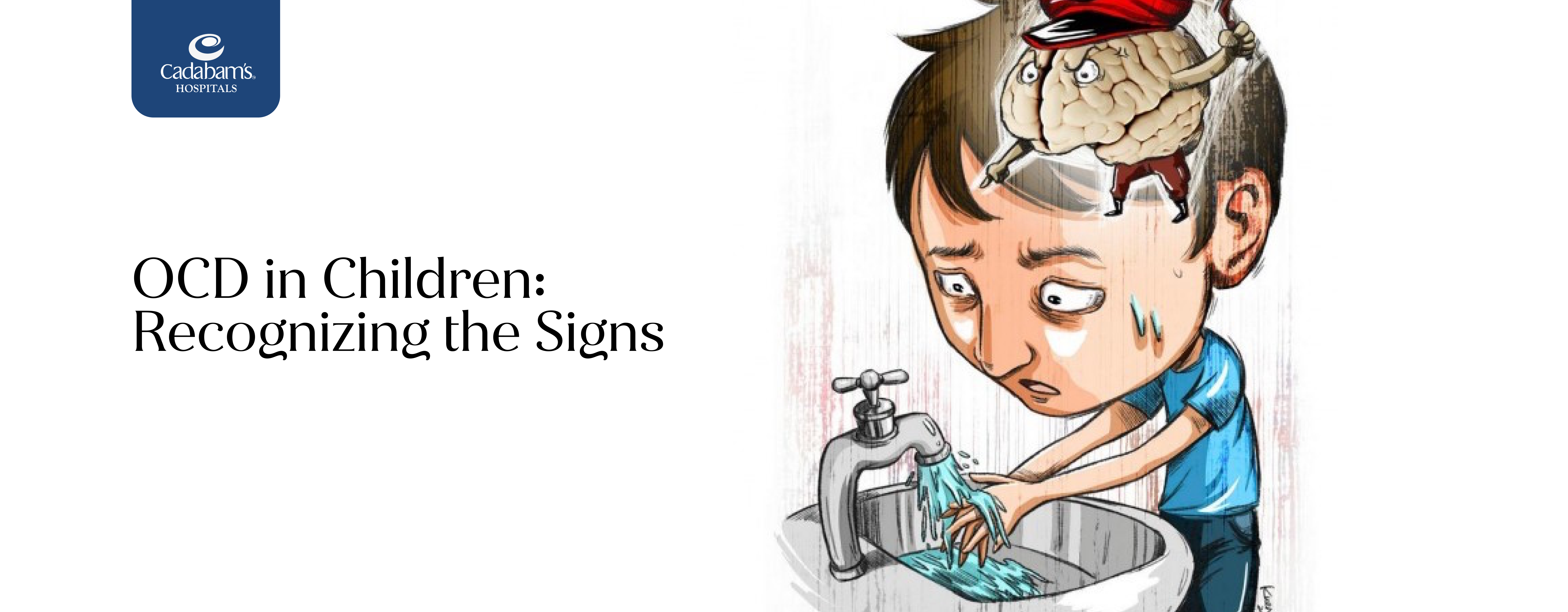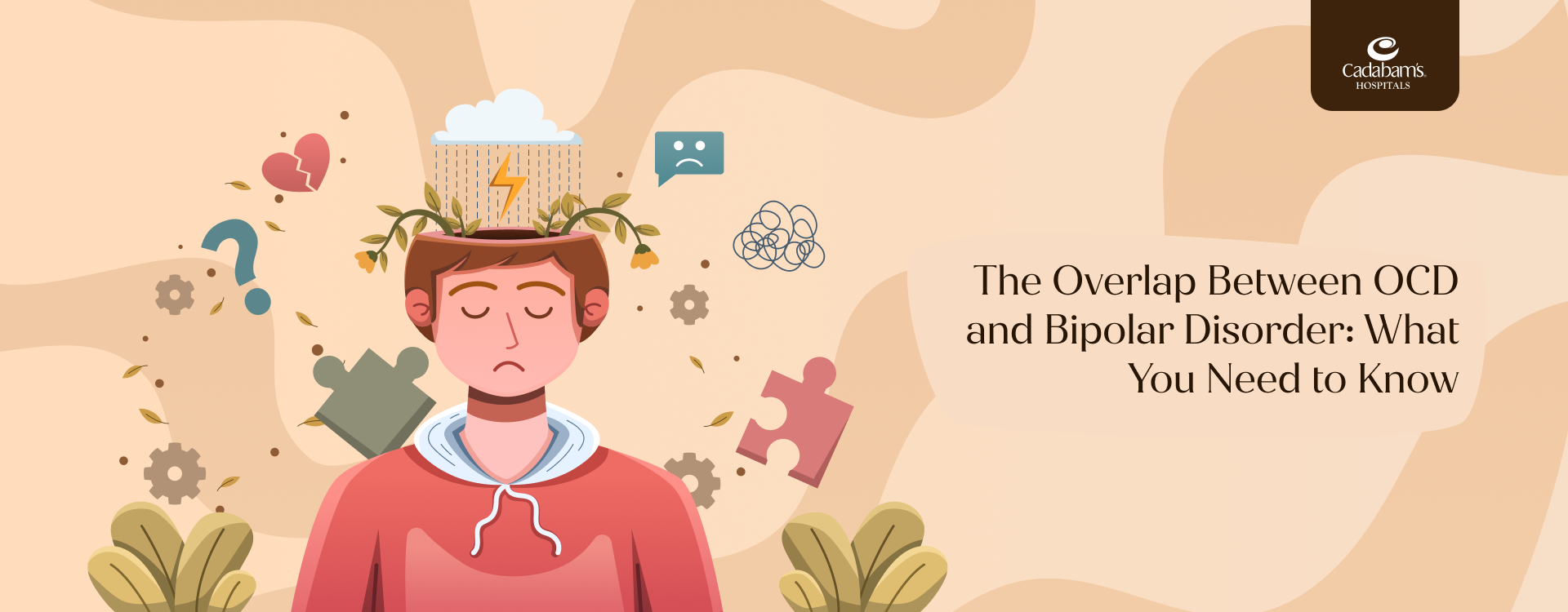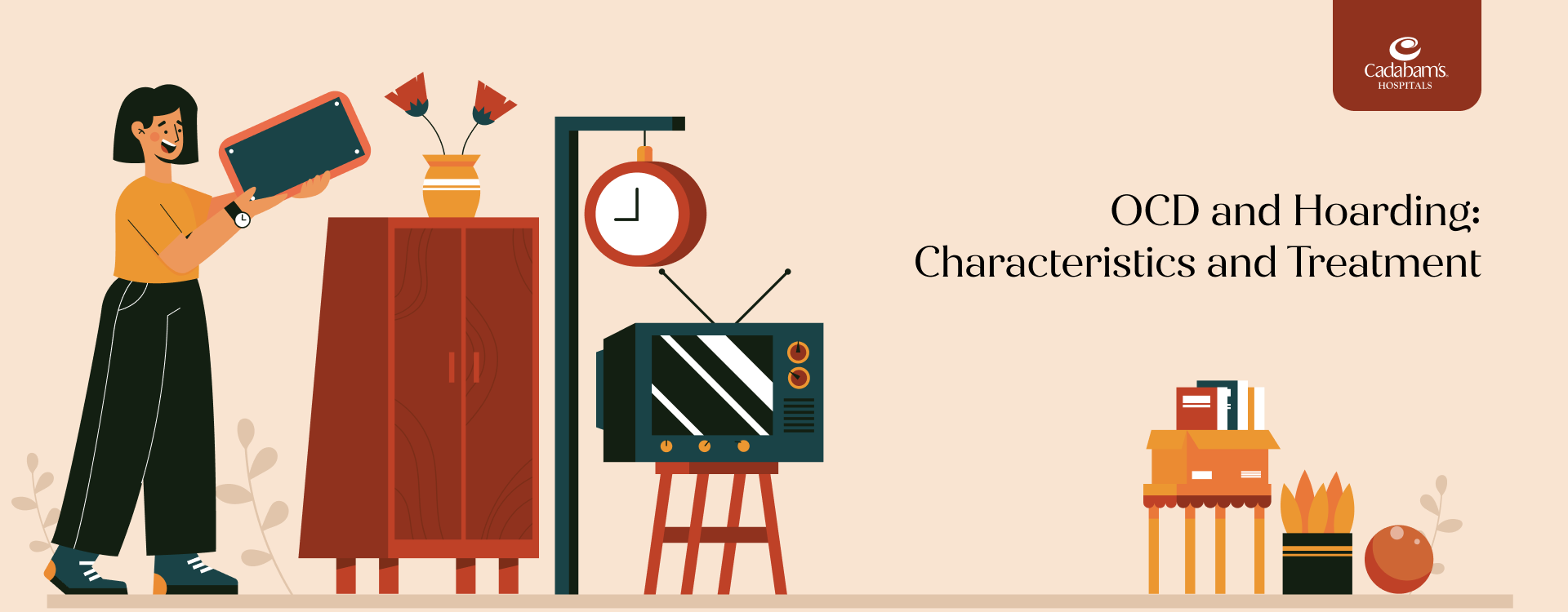Why Does One Need a Rehab Center for OCD?
Rehab centers provide structured, intensive treatment for individuals struggling with Obsessive-Compulsive Disorder (OCD). The condition often co-occurs with other mental health issues, making comprehensive care critical.
These centers offer individualized treatment plans, combining various therapies and sometimes medications. They provide a supportive environment, which is essential for recovery.
Moreover, rehab centers equip individuals with strategies to manage OCD symptoms in daily life, promoting long-term well-being.
When Should You Ask for Help?
Help should be sought as soon as OCD symptoms start interfering with one’s quality of life or daily functioning. This could include uncontrollable, recurring thoughts or behaviors, spending significant time on obsessions or compulsions, and experiencing distress or inability to carry out daily activities. Early intervention can significantly improve prognosis and reduce the impact of OCD on an individual’s life.
How to Recognize Unhealthy OCD Signs in Family Members?
Recognizing unhealthy OCD signs in family members requires vigilance. Symptoms can include an excessive focus on fears, constant checking or counting, strict routines or rituals, and excessive cleanliness.
If these behaviors cause distress, take up significant time, or interfere with daily activities, they could signify OCD. Changes in mood, withdrawal from activities, and emotional distress are also signs to look out for.
What Type of Doctors or Specialists Can Help with OCD Treatment?
Various specialists can help with OCD treatment. Psychiatrists diagnose OCD and can prescribe medication. Clinical psychologists provide psychotherapy, including cognitive-behavioral therapy. Social workers and counselors can provide further support, while psychiatric nurses manage overall care. A team approach often brings the best results.
How Can CBT for OCD Help Someone with OCD?
Cognitive-behavioral therapy (CBT) for OCD focuses on identifying and changing problematic thought patterns. It helps individuals with OCD challenge their obsessive thoughts and reduce compulsive behaviors.
What Types of Therapy or Treatment Programs are Available for OCD?
Several therapies and treatment programs are available for OCD. These include individual psychotherapy, group therapy, family therapy, and self-help or support groups. Therapies often used include Cognitive Behavioral Therapy, Exposure, and Response Prevention, and Acceptance and Commitment Therapy.
Treatment programs can be delivered in various settings, such as outpatient clinics, day programs, or residential treatment centers, depending on the severity of the symptoms.
How to select the right rehab center / Things you should check before selecting a rehab center for treatment?
Choosing the right rehab center is crucial for successful treatment. Here’s a checklist to guide you:
Expertise: The center should have professionals with experience in treating OCD.
Personalized Treatment: Check if the center provides individualized treatment plans that cater to the unique needs of each patient.
Therapies Offered: The center should offer evidence-based therapies for OCD like CBT and Exposure and Response Prevention.
Aftercare Planning: A comprehensive aftercare plan helps in maintaining the progress made during treatment.
Confidentiality: The center should ensure the confidentiality of your treatment details.
Cost: Consider the cost and check if your insurance covers the treatment.
Why Cadabams?
Cadabams has over three decades of experience in treating various mental health disorders, including OCD. We offer personalized treatment plans that incorporate proven therapies for OCD.
Our multidisciplinary team includes psychiatrists, psychologists, counselors, and nurses who provide holistic care. We also offer aftercare planning and emphasize confidentiality. Our comprehensive approach makes Cadabams a trusted choice for OCD treatment.
What are the benefits of a rehabilitation center for OCD?
Rehabilitation centers for OCD provide an immersive, supportive environment for recovery. They offer intensive, structured treatment, often combining various therapeutic approaches. Patients learn coping strategies to manage OCD symptoms and lead healthier life.
Centers also provide opportunities for group therapy, where individuals can connect with others facing similar struggles. Furthermore, family involvement in treatment can improve the understanding and support given to the individual, facilitating recovery.
How effective is rehabilitation/treatment for OCD?
Rehabilitation for OCD is generally effective, with most individuals showing significant improvement. Cognitive-behavioral therapy, a common treatment method, has been shown to be particularly effective.
Success largely depends on the individual’s commitment to treatment and the skill and experience of the treatment team. It’s important to remember that while OCD can be managed, it often requires ongoing treatment to prevent symptom recurrence.
Are OCD treatments from home effective?
Home-based treatments for OCD, such as online therapy and self-help strategies, can be effective for some individuals, especially those with mild symptoms. They offer flexibility and can be more accessible.
However, they might not provide the same level of support and structure as in-person treatment, particularly for those with severe OCD. It’s essential to have these home-based treatments guided by a qualified professional to ensure they’re safe and effective.
FAQ
How Do Rehabilitation Centers Work?
Rehabilitation centers work by providing structured, intensive treatment plans tailored to individual needs, usually involving a combination of therapies, medication, and support systems to assist in recovery. The structured environment aids in breaking away from daily triggers and routines that contribute to OCD symptoms.
Which Is the Best Therapy for OCD?
Cognitive Behavioral Therapy (CBT), particularly a subtype known as Exposure and Response Prevention (ERP), is considered the most effective therapy for treating OCD, helping individuals confront their fears and reduce compulsive behaviors.
Is OCD Curable?
While there’s no complete cure for OCD, the condition can be effectively managed with the right treatment, allowing individuals to lead fulfilling, productive lives. Most people with OCD can experience significant relief from symptoms with professional care.
What Is the Average Cost of Treatment for OCD?
The cost of OCD treatment varies based on factors like the type of treatment, duration, and the professional’s expertise. It could range from minimal charges for outpatient counseling to more significant costs for residential or intensive outpatient programs.
Should I Be Hospitalized for OCD?
Hospitalization for OCD is generally considered only when the symptoms are severe and pose a danger to the individual or others, or when intensive outpatient treatment has not been successful. In less severe cases, outpatient treatment is typically effective.
What Are the Side Effects of Medication for OCD Treatment?
Common side effects of OCD medications, such as SSRIs, can include nausea, insomnia, dizziness, and loss of sexual desire. However, side effects vary widely among individuals, and most side effects are manageable and subside over time with continued use of the medication.














 Available
Available





